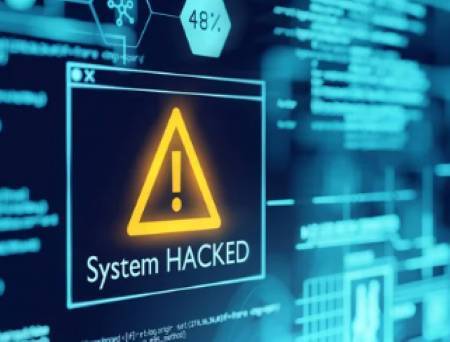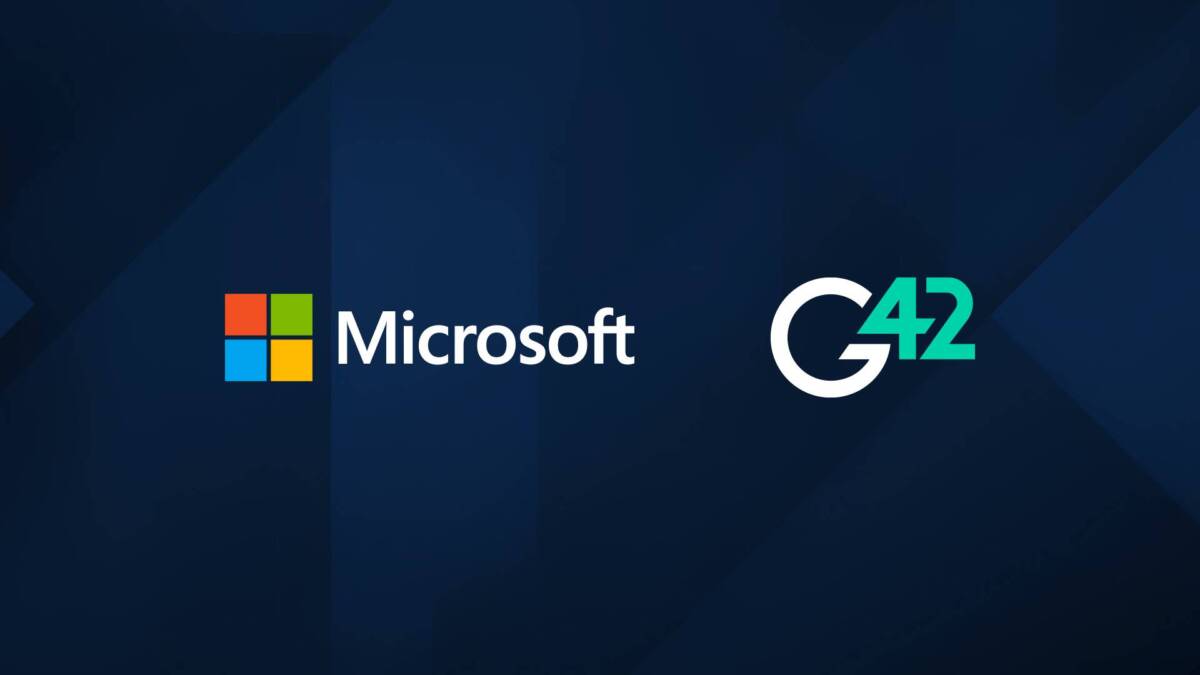Global government surveillance reform – A UK perspective
Earlier this year, US NSA whistleblower, Edward Snowden, released sensitive information via UK based newspaper, The Guardian. In response, the CEOs of AOL, Apple, Facebook, Google, LinkedIn, Microsoft, Twitter and Yahoo wrote an open letter to Washington, dated 09 Dec 2013. They have come together to call for a global surveillance reform; but just what is the relevance in the UK?
The letter reads:
Dear Mr. President and Members of Congress,
We understand that governments have a duty to protect their citizens. But this summer’s revelations highlighted the urgent need to reform government surveillance practices worldwide. The balance in many countries has tipped too far in favor of the state and away from the rights of the individual — rights that are enshrined in our Constitution. This undermines the freedoms we all cherish. It’s time for a change.
For our part, we are focused on keeping users’ data secure — deploying the latest encryption technology to prevent unauthorized surveillance on our networks and by pushing back on government requests to ensure that they are legal and reasonable in scope.
We urge the US to take the lead and make reforms that ensure that government surveillance efforts are clearly restricted by law, proportionate to the risks, transparent and subject to independent oversight. To see the full set of principles we support, visit ReformGovernmentSurveillance.com.
Sincerely,
AOL, Apple, Facebook, Google, LinkedIn, Microsoft, Twitter, Yahoo
The principles supported by AOL, Apple, Facebook, Google, LinkedIn, Microsoft, Twitter and Yahoo are:
- Limiting governments’ authority to collect users’ information
- Oversight and accountability
- Transparency about government demands
- Respecting the free flow of information
- Avoiding conflicts among governments
Many of the issues raised in this letter the outlined principles are negated in the UK as all activities by British Intelligence agencies are carefully controlled by a law known as The Regulation of Investigatory Powers Act 2000 (RIPA).
This Act sets provisions for the interception of communications, the acquisition and disclosure of data relating to communications, the carrying out of surveillance, and the use of covert human intelligence sources. It also monitors the acquisition of the means by which electronic data, protected by encryption or passwords, may be decrypted or accessed by the Security Service (MI5), the Secret Intelligence Service (MI6) and the Government Communications Headquarters (GCHQ). It is also equally applicable to all government departments.
The British Government has an independent surveillance commissioner who oversees the application of these control measures. In essence, he polices the spies, ensuring the Act is enforced.
A former intelligence officer, who has worked with MI6 and GCHQ, spoke to SecurityNewsDesk on this topic, saying, “The application of RIPA is taken extremely seriously, and all of the agencies have detailed procedures in place to ensure the rules are followed meticulously.
“When it comes to potentially losing an opportunity because the necessary permissions have not been signed off then the opportunity is lost. However, procedures are now very slick to ensure this rarely, if ever happens”.
When asked about the huge amounts of data collected by the government, he added, “It is all just press sensationalism. When you walk down the street your eyes and brain are sucking in every sight, sound, and smell available, but it is only when your brain is triggered that it actually process something you are interested in and makes it a conscious thought. It’s the same in the intelligence industry; there is so much data that it is of zero use and passes unseen unless there is something to bring that piece to your attention, and then you can only do something about it if the right legal permissions are in place.”
So it would appear that there are checks and balances in place in the UK. Perhaps RIPA is the answer to the concerns raised in the letter to the US President, and while the collective Internet CEO’s have called for the “US to take the lead and make reforms”, perhaps the UK have beaten them to it and found the appropriate solution.
What do you think?
Email your opinions to [email protected] or comment below.




























